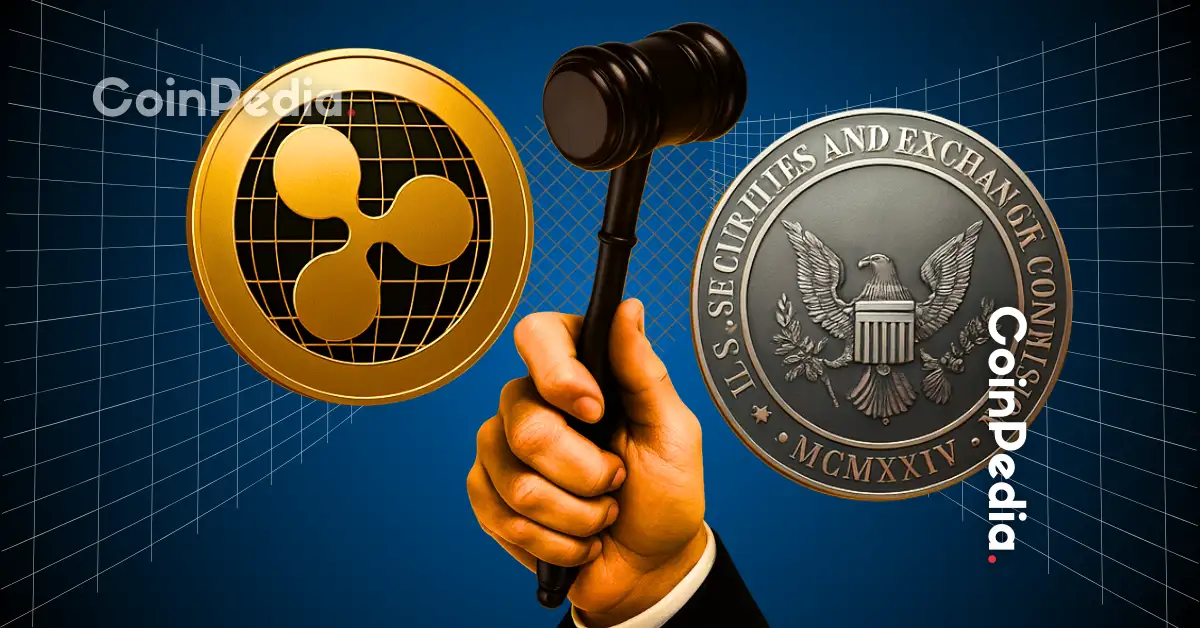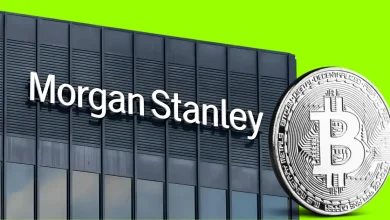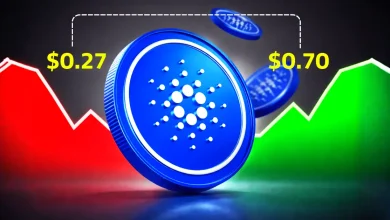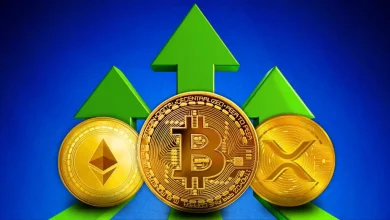
Swift CIO Tom Zschach dismisses XRP’s “resilience” claims, stressing neutral governance over Ripple’s compliance track record.
Debate reignites: can XRP win institutional trust, or will banks stick with Swift’s neutral, industry-wide financial network?
The long-running debate over whether Ripple’s XRP is ready for institutional finance took another turn this week, as Swift’s Chief Innovation Officer, Tom Zschach, publicly countered claims that the token’s regulatory survival makes it more resilient than its peers.
The exchange began when a blockchain advocate praised XRP as “battle-hardened” after nearly five years of intense legal scrutiny. He argued that Ripple’s decade-long focus on compliance, trust, and interoperability sets it apart, pointing to its work with regulators and its ongoing role in cross-border payments.
Zschach, however, was not convinced. Responding directly, he stated that “surviving lawsuits isn’t resilience,” instead opening up about the importance of neutral, shared governance. In his view, true institutional adoption requires networks to be built on collective standards, not on infrastructure owned or championed by a single competitor.
“Surviving lawsuits isn’t resilience. Neutral, shared governance is. Institutions don’t want to live on a competitor’s rails,” he said.
He also stressed that compliance cannot hinge on one company persuading regulators. For Swift, the gold standard is industry-wide agreement on frameworks that go beyond any one entity’s balance sheet. That principle reflects Swift’s long-held role as a neutral platform that underpins trillions in daily financial flows without belonging to any single bank or payment provider.
- Also Read :
- XRP Price Prediction For September 2
- ,
Reacting to this exchange, attorney Bill Morgan said, “He wouldn’t feel Swift is threatened would he. Just feels the needs to say it for fun.”
Two Visions, One Future
For more than four decades, Swift has been the invisible wiring behind global finance. It is the network that banks trust to move trillions every day, not because it is the fastest or sleekest, but because it is compliant, regulated, and universally recognized.
At a time when banks are exploring blockchain integrations, the debate puts spotlight on an unresolved question: will institutions lean toward public blockchains shaped by private companies, or continue to favor networks like Swift that sit above competitive interests?
Never Miss a Beat in the Crypto World!
Stay ahead with breaking news, expert analysis, and real-time updates on the latest trends in Bitcoin, altcoins, DeFi, NFTs, and more.
FAQs
Swift’s Chief Innovation Officer argued that surviving lawsuits isn’t true resilience; neutral, shared governance is key for institutional adoption, not infrastructure controlled by one company.
It centers on whether institutions will adopt public blockchains led by private firms (like Ripple) or stick to neutral, collectively governed networks (like Swift).
Trust with CoinPedia:
CoinPedia has been delivering accurate and timely cryptocurrency and blockchain updates since 2017. All content is created by our expert panel of analysts and journalists, following strict Editorial Guidelines based on E-E-A-T (Experience, Expertise, Authoritativeness, Trustworthiness). Every article is fact-checked against reputable sources to ensure accuracy, transparency, and reliability. Our review policy guarantees unbiased evaluations when recommending exchanges, platforms, or tools. We strive to provide timely updates about everything crypto & blockchain, right from startups to industry majors.
Investment Disclaimer:
All opinions and insights shared represent the author's own views on current market conditions. Please do your own research before making investment decisions. Neither the writer nor the publication assumes responsibility for your financial choices.
Sponsored and Advertisements:
Sponsored content and affiliate links may appear on our site. Advertisements are marked clearly, and our editorial content remains entirely independent from our ad partners.








